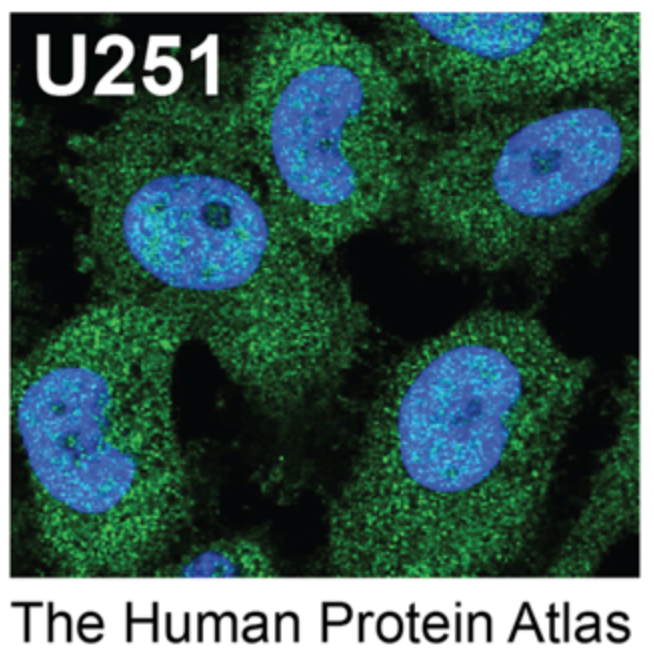New Discovered Targets for Anti-Cancer May Act as A Potential Therapeutic Target for Gliomas
Recently, researchers from the Virginia Tech Carilion Research Institute (VTCRI) claim that a gene involved in human biological rhythms may be a potential therapeutic target for fatal gliomas. The related result is being published in the Journal of Scientific Reports, suggesting that a particular gene can significantly maintain tumor cell survival, although this gene is usually associated with biological rhythms. VTCRI associate professor Zhi Sheng, the research author of this study, said that, ‘Researchers in the whole world are trying their best to find a way for the treatment of glioma, however, no one has discovered this gene to be one of the target genes previously, we found it from twenty suspicious genes.’
‘We have found that it may be possible to inhibit the ability of cancer stem cells through the inhibition of the gene to self-renew and differentiate into glioma cells, which are considered to be one of the hallmarks of this type of refractory cancer.’ Sheng Said, ‘Although further research is required before designing a new therapy, we believe this early basic research is promising.’
Sheng also pointed out that patients with gliomas around the world are in desperate need of new treatments, it has caused the death of almost half of brain cancer patients. Most patients have a survival of fewer than 15 months after diagnosis, and 90% of patients who have survived for more than 2 years will relapse. Unfortunately, patients with recurrent gliomas are usually unable to undergo surgery.
Sheng said that even after surgery, radiotherapy and chemotherapy, there are only a few hundred glioma stem cells survive, cancer will recur. However, in their experiments on cancer cells and mouse models, the researchers found that the proliferation of glioma stem cells will stop after the enzyme produced by a member of the casein kinase 1 family being inhibited. As a result, the tumor growth in mice will be suppressed.
The researchers also found evidence that this enzyme is responsible for regulating the rate of glioma stem cell self-renewal, rather than controlling differentiation. ‘Inhibition of this gene can effectively kill glioma stem cells,’ Sheng said. Meanwhile, the researchers evaluated two commercial drugs that inhibit casein kinase 1 and found that one of them has the potential to be further investigated as a glioma stem cell inhibitor.
VTCRI associate professor Zhi Sheng, the research author of this study, said that, ‘Researchers in the whole world are trying their best to find a way for the treatment of glioma, however, no one has discovered this gene to be one of the target genes previously, we found it from twenty suspicious genes.’
‘We have found that it may be possible to inhibit the ability of cancer stem cells through the inhibition of the gene to self-renew and differentiate into glioma cells, which are considered to be one of the hallmarks of this type of refractory cancer.’ Sheng Said, ‘Although further research is required before designing a new therapy, we believe this early basic research is promising.’
Sheng also pointed out that patients with gliomas around the world are in desperate need of new treatments, it has caused the death of almost half of brain cancer patients. Most patients have a survival of fewer than 15 months after diagnosis, and 90% of patients who have survived for more than 2 years will relapse. Unfortunately, patients with recurrent gliomas are usually unable to undergo surgery.
Sheng said that even after surgery, radiotherapy and chemotherapy, there are only a few hundred glioma stem cells survive, cancer will recur. However, in their experiments on cancer cells and mouse models, the researchers found that the proliferation of glioma stem cells will stop after the enzyme produced by a member of the casein kinase 1 family being inhibited. As a result, the tumor growth in mice will be suppressed.
The researchers also found evidence that this enzyme is responsible for regulating the rate of glioma stem cell self-renewal, rather than controlling differentiation. ‘Inhibition of this gene can effectively kill glioma stem cells,’ Sheng said. Meanwhile, the researchers evaluated two commercial drugs that inhibit casein kinase 1 and found that one of them has the potential to be further investigated as a glioma stem cell inhibitor.

Your email address will not be published. Required fields are marked *